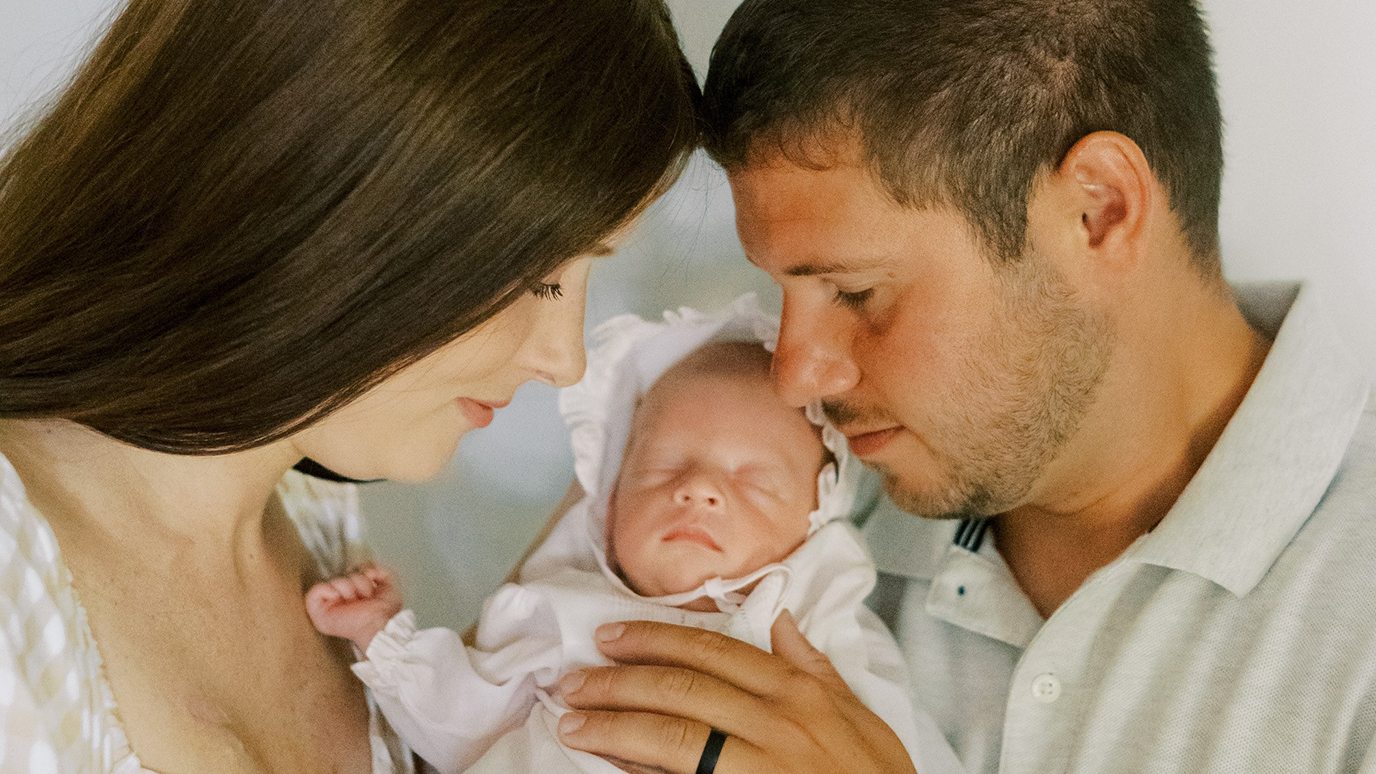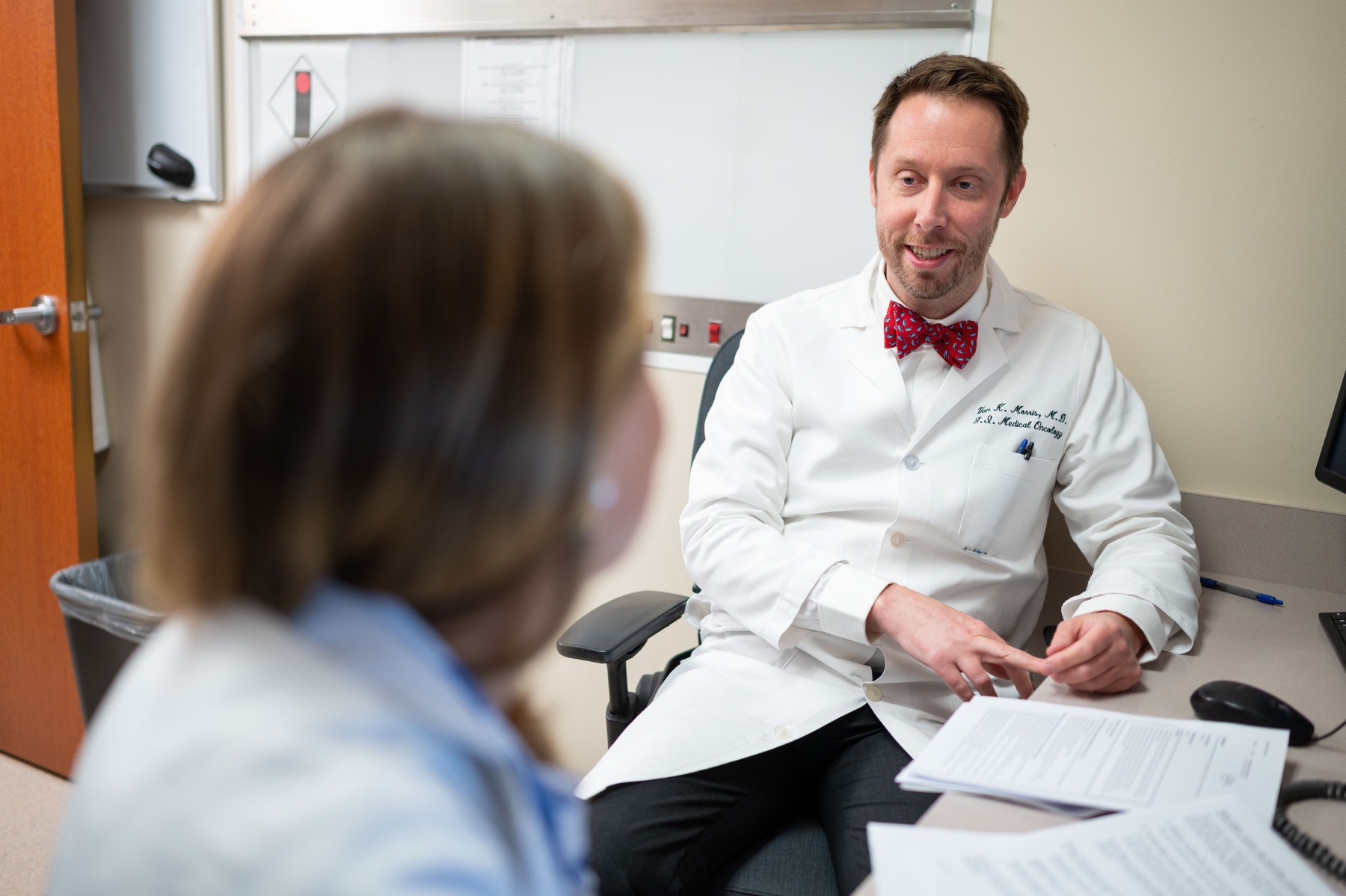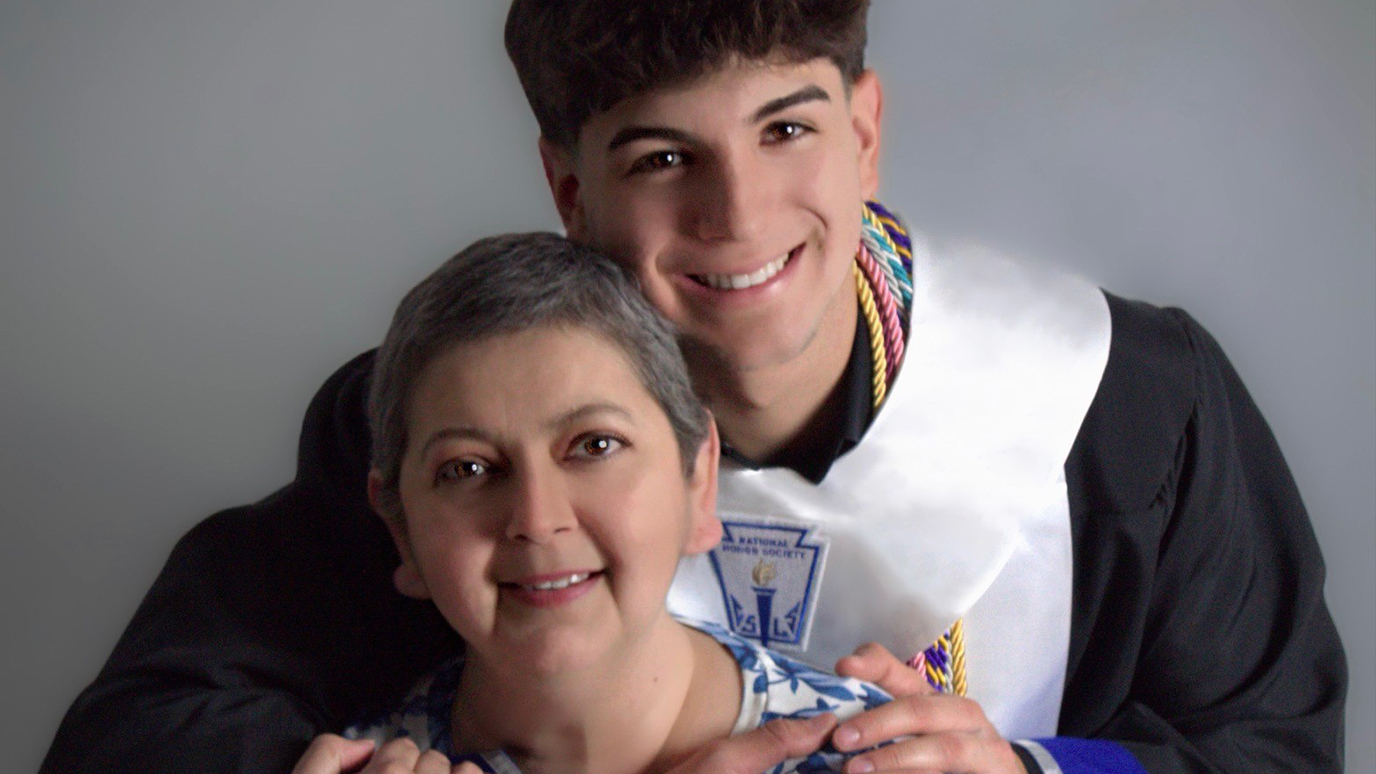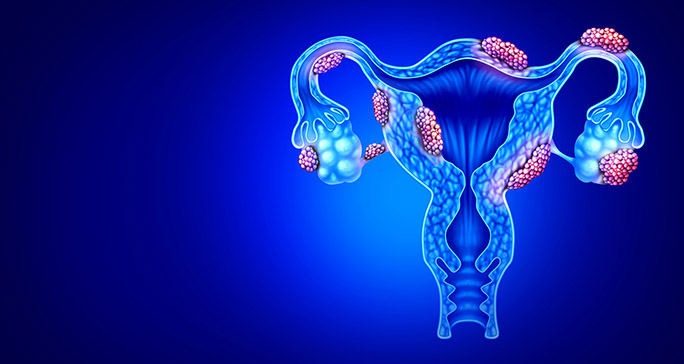- Diseases
- Acoustic Neuroma (16)
- Adrenal Gland Tumor (24)
- Anal Cancer (70)
- Anemia (2)
- Appendix Cancer (18)
- Bile Duct Cancer (26)
- Bladder Cancer (74)
- Brain Metastases (28)
- Brain Tumor (234)
- Breast Cancer (726)
- Breast Implant-Associated Anaplastic Large Cell Lymphoma (2)
- Cancer of Unknown Primary (4)
- Carcinoid Tumor (8)
- Cervical Cancer (164)
- Colon Cancer (168)
- Colorectal Cancer (118)
- Endocrine Tumor (4)
- Esophageal Cancer (44)
- Eye Cancer (36)
- Fallopian Tube Cancer (8)
- Germ Cell Tumor (4)
- Gestational Trophoblastic Disease (2)
- Head and Neck Cancer (14)
- Kidney Cancer (130)
- Leukemia (342)
- Liver Cancer (50)
- Lung Cancer (286)
- Lymphoma (278)
- Mesothelioma (14)
- Metastasis (30)
- Multiple Myeloma (100)
- Myelodysplastic Syndrome (60)
- Myeloproliferative Neoplasm (6)
- Neuroendocrine Tumors (16)
- Oral Cancer (102)
- Ovarian Cancer (178)
- Pancreatic Cancer (160)
- Parathyroid Disease (2)
- Penile Cancer (14)
- Pituitary Tumor (6)
- Prostate Cancer (150)
- Rectal Cancer (58)
- Renal Medullary Carcinoma (6)
- Salivary Gland Cancer (14)
- Sarcoma (238)
- Skin Cancer (300)
- Skull Base Tumors (56)
- Spinal Tumor (12)
- Stomach Cancer (66)
- Testicular Cancer (28)
- Throat Cancer (92)
- Thymoma (6)
- Thyroid Cancer (100)
- Tonsil Cancer (30)
- Uterine Cancer (86)
- Vaginal Cancer (18)
- Vulvar Cancer (22)
- Cancer Topic
- Adolescent and Young Adult Cancer Issues (22)
- Advance Care Planning (12)
- Biostatistics (2)
- Blood Donation (18)
- Bone Health (8)
- COVID-19 (360)
- Cancer Recurrence (120)
- Childhood Cancer Issues (120)
- Clinical Trials (628)
- Complementary Integrative Medicine (22)
- Cytogenetics (2)
- DNA Methylation (4)
- Diagnosis (238)
- Epigenetics (6)
- Fertility (62)
- Follow-up Guidelines (2)
- Health Disparities (14)
- Hereditary Cancer Syndromes (128)
- Immunology (18)
- Li-Fraumeni Syndrome (8)
- Mental Health (122)
- Molecular Diagnostics (8)
- Pain Management (62)
- Palliative Care (8)
- Pathology (10)
- Physical Therapy (18)
- Pregnancy (18)
- Prevention (936)
- Research (390)
- Second Opinion (78)
- Sexuality (16)
- Side Effects (616)
- Sleep Disorders (10)
- Stem Cell Transplantation Cellular Therapy (216)
- Support (408)
- Survivorship (328)
- Symptoms (182)
- Treatment (1788)
4 ways to recognize the mind-body connection during cancer treatment
BY Rosanna Lin
4 minute read | Published September 05, 2023
Medically Reviewed | Last reviewed by an MD Anderson Cancer Center medical professional on September 05, 2023
There’s no doubt that a cancer diagnosis can be very stressful, both physically and psychologically. But those processes don’t occur independently. Our minds and bodies constantly influence each other — and the connection goes both ways.
That’s why worrying about possible side effects from radiation therapy, for instance, might cause your shoulders to feel achy and tense. Or, the nausea you’re experiencing due to chemotherapy could also leave you feeling depressed.
It’s important to pay as much attention to your mental and emotional health as you do to your physical health. Here are four ways to recognize the mind-body connection while undergoing cancer treatment.
Let your feelings out
It’s normal to feel anxious, sad or angry about a cancer diagnosis — both because of how it’s affecting you physically and how it’s changing your life.
Some patients believe they can only remain “strong” if they exclusively express positive emotions, even during their worst or most challenging moments. But that is a myth. Every emotion has its purpose.
- Anxiety, for instance, could mean that you fear losing something important to you, or not getting the help you need promptly.
- Anger could mean that you’re feeling unfairly treated by the universe or that important goals are being blocked or delayed.
- Sadness could reflect grief for the life (or body) you had before cancer, or the things you might not be able to do until you’re fully recovered.
Regardless of what emotions you’re experiencing, allow yourself to notice and feel them so that you can express and release them in appropriate ways. This, in turn, will make your body feel better.
Also, consider what actions your emotions might be prompting you to take. If you’re feeling powerless or unheard, for example, would speaking up and asking for something you need make you feel better? Or, if you’re feeling afraid of the unknown, would seeking clarification or additional information from your care team reduce your anxiety?
Patients, survivors and caregivers can express and get validation for their feelings through both support groups and myCancerConnection.
MD Anderson patients may also ask to speak with a social work counselor or request a referral to Supportive Care or Psychiatry.
Do a brain dump
Trying to keep track of the endless to-do lists in your head can be exhausting. To give your mind (and body) a break, consider doing a total brain dump.
First, get out a piece of paper and a pen or open up a note-taking app on your smart device.
Then, make a list of all the things you need to do, writing down anything that comes to mind, whether it’s related to work, school, home, or relationships. Include things like mowing the lawn, mailing your sister a birthday card, prepping for a work meeting, calling your mother, scheduling a teeth cleaning, buying groceries, trimming the dog’s nails and getting your oil changed.
Next, indicate which items can be postponed, delegated or eliminated altogether. Prioritize the remaining tasks into those that need to be addressed today, tomorrow, this week or later. Then, take a deep breath and relax.
Remember: it’s OK if you never get to all the items on the list. You can always update it, if necessary. Just stay flexible, go at your own pace, and listen to your body. It will tell you if you need to slow down or rest for a while.
Distinguish between ‘active’ and ‘passive’ coping
Pursuing hobbies you enjoy — such as gardening, fishing, walking, painting or dancing — is a great way to relax and de-stress. But pay attention to why you’re engaging in certain activities, and ask yourself pointed questions if you find yourself doing anything to excess.
For instance, are you just trying to avoid feeling overwhelmed by taking a much-needed mental break and reading celebrity gossip magazines? Or are you binge-watching TV shows for hours on end to avoid thinking about how depressed you are?
A little escapism can be great every once in a while. That’s why so many people enjoy reading and watching movies. But if you find yourself routinely indulging in activities to avoid dealing with uncomfortable feelings or hard realities, it might be time to consider other coping methods.
Don’t forget the basics of self-care
Sometimes, the physical aspects of cancer and its treatment are so overwhelming that patients forget all the tools they’d normally use to deal with stressful situations. Occasionally, this blind spot even extends to the basics of self-care.
That’s why it’s worth mentioning that the following strategies will always benefit both your mind and body:
- getting enough sleep
- drinking enough water
- eating a healthy diet
- moving your body
Sometimes, we just need a little reminder that it’s OK to take a breath and take care of ourselves. Consider yourself reminded.
Request an appointment at MD Anderson online or by calling 1-877-632-6789.
Related Cancerwise Stories

Every emotion has its purpose.
Rosanna Lin
Social Work Counselor





